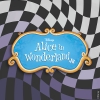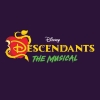
About Us
History
Setting the Stage for Over 70 Years
MTI celebrates its rich legacy of musical theatre, while it also looks to the future… trying to find the next composer, lyricist and book writer whose works will impact generations to come and keep musical theatre a vibrant, unique and live medium of communication, education and entertainment throughout the world.–Freddie Gershon, Co-Chairman
In 1952, legendary composer/lyricist, Frank Loesser, and celebrated orchestrator, Don Walker, transformed a fledgling business into what is now known throughout the world as Music Theatre International (MTI). MTI quickly became a driving force in cultivating and licensing new works, as well as sustaining and expanding the theatre audience for generations to come.
In 1988, Freddie Gershon became MTI's principal owner, joined as co-owner in the early 1990s by Sir Cameron Mackintosh. Today, Mackintosh is MTI's Chairman and Owner, while Gershon continues to serve as MTI's Co-Chairman.
Over the past 34 years, MTI has experienced a new era of business innovation and unprecedented growth in educational theatre.
- Who is Frank Loesser?
-
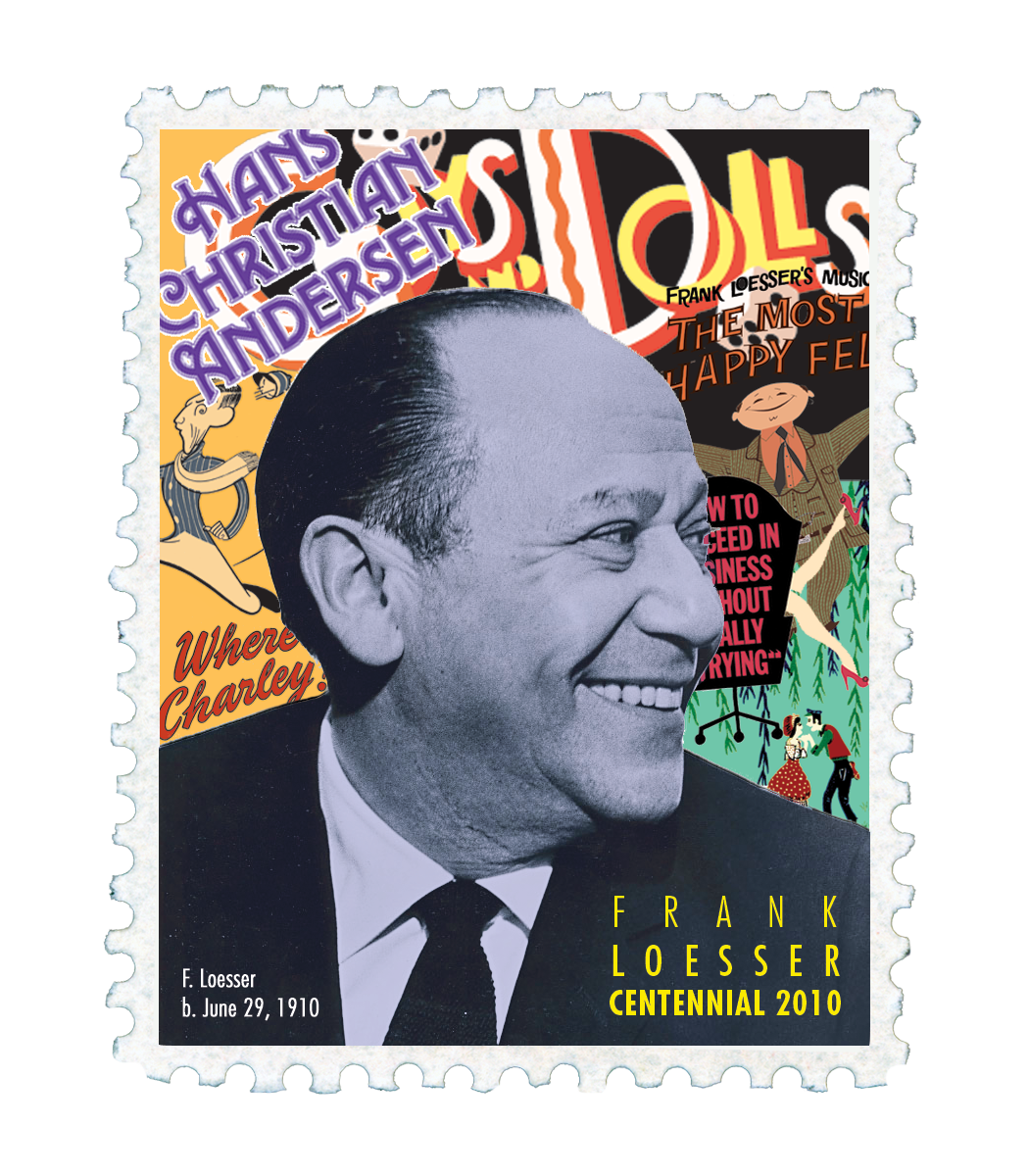 One of America's great composer/lyricists, Frank Loesser is a winner of the Tony Award, Academy Award and the Pulitzer Prize.
One of America's great composer/lyricists, Frank Loesser is a winner of the Tony Award, Academy Award and the Pulitzer Prize.Loesser began his songwriting career during the Depression as a lyricist, contributing songs to Broadway revues and nightclub acts. His work with composer, Irving Actman, in the 1936 revue, The Illustrator's Show, led to a songwriting contract in Hollywood, where he spent the next eleven years working with such composers as Burton Lane, Jule Styne, Arthur Schwartz and Hoagy Carmichael. Some of his film songs from that period include "Two Sleepy People," "Jingle Jangle Jingle" and "I Don't Want to Walk without You." The first song for which Loesser wrote both words and music was "Praise the Lord and Pass the Ammunition," written during his World War II service.
His Hollywood work after the war included the hit songs, "Spring Will Be a Little Late This Year," "A Slow Boat to China", and the 1949 Oscar-winning song, "Baby, It's Cold Outside."
In 1948, Loesser was approached by fledgling Broadway producers, Cy Feuer and Ernest Martin, to write music and lyrics to George Abbott's libretto for an adaptation of the classic Brandon Thomas play, Charley's Aunt. The new musical, which starred Ray Bolger, was called Where's Charley?, and was a hit. This led to Loesser's next show, the hugely influential and successful Guys and Dolls in 1950, also produced by Feuer and Martin, with a script by Abe Burrows and Jo Swerling.
In 1956, Loesser wrote the libretto, music and lyrics for his next show, The Most Happy Fella, adapted from Sidney Howard's play, They Knew What They Wanted. This groundbreaking and award-winning score contains over 30 musical numbers, and makes extensive use of operatic techniques and forms, including recitative, arias, duets, trios and choral numbers. In 1960, he provided the score and was co-librettist for Greenwillow. In 1961, Loesser wrote the score for the Pulitzer Prize-winning How to Succeed in Business without Really Trying.
For more information on the life and career of the incomparable Frank Loesser, please visit his official website.
- Who is Don Walker?
-
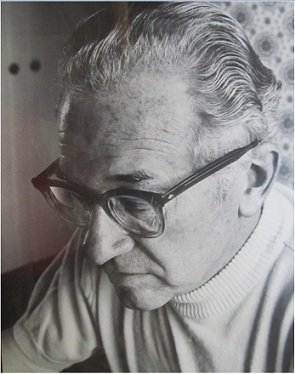
Don Walker was a prolific and ubiquitous Broadway orchestrator, a conductor for television and a composer of music for musicals and film. Walker was educated at the Wharton School of Business at the University of Pennsylvania. Like many other orchestrators of his generation, he served a long apprenticeship as an arranger, beginning in the 1930s at Chappell Music with Max Dreyfus (arranger and publisher, 1874-1964, discoverer and promoter of Jerome Kern, George Gershwin, Vincent Youmans, Richard Rodgers and Cole Porter; in the 1920s, he controlled 80-90 percent of all Broadway show tunes). Walker finally went into business for himself in the early 1950s, taking on assistants and apprentices very much after Dreyfus’ own pattern. Many major orchestrators, including Robert Ginzler (Gypsy) and Oscar-winner, Irwin Kostal, started out working for him.
Among the 60-odd original Broadway orchestrations that bear Don Walker’s name are those for hits, Panama Hattie (1940), Carousel (1945), Finian's Rainbow (1947), Miss Liberty (1949), Call Me Madam (1950), Wonderful Town (1953), The Pajama Game (1954), Damn Yankees (1955), The Most Happy Fella (1956), The Music Man (1957), She Loves Me (1963), Fiddler on the Roof (1964), Cabaret (1966), Zorba (1968) and Shenandoah (1975). He also contributed special or revised orchestrations to a number of revivals: Pal Joey (1952), Of Thee I Sing (1952), On Your Toes (1954) and others. Walker sustained some flops as well – though fewer than twenty – and among them were shows that later became cult favorites, like: The Gay Life (1961). Anyone Can Whistle (1964) and Anya (1965). The three or four Broadway shows for which he provided his own music did not do well, but a play for which he wrote incidental music, The Beauty Part (1962), was a popular success, riding on the comic coattails of Bert Lahr and Alice Ghostley.
Walker always tried to give each of his Broadway scores a unique sound befitting the show’s subject or setting: emphasis on the accordion in Fiddler on the Roof, use of a bouzouki in Zorba or an absence of high strings in Anyone Can Whistle. Composers who collaborated frequently with him included: Richard Rodgers (Carousel, By Jupiter, Me and Juliet), Cole Porter (Leave It to Me!, Something for the Boys, Silk Stockings), Frank Loesser (Greenwillow, The Most Happy Fella), Jerry Bock (Fiddler on the Roof, She Loves Me, The Rothschilds) and John Kander (The Happy Time; Cabaret; Flora the Red Menace; Zorba; 70, Girls, 70). Walker also made choral arrangements for Fred Waring's Pennsylvanians, and briefly conducted "Your Hit Parade" on television.
Walker lived the last decades of his life in New Hope, PA, with his wife Audrey; they had two children. After a long illness, he died in a Trenton, NJ, hospital at the age of 81.
Bio courtesy of Masterworks Broadway.
- Who is Cameron Mackintosh?
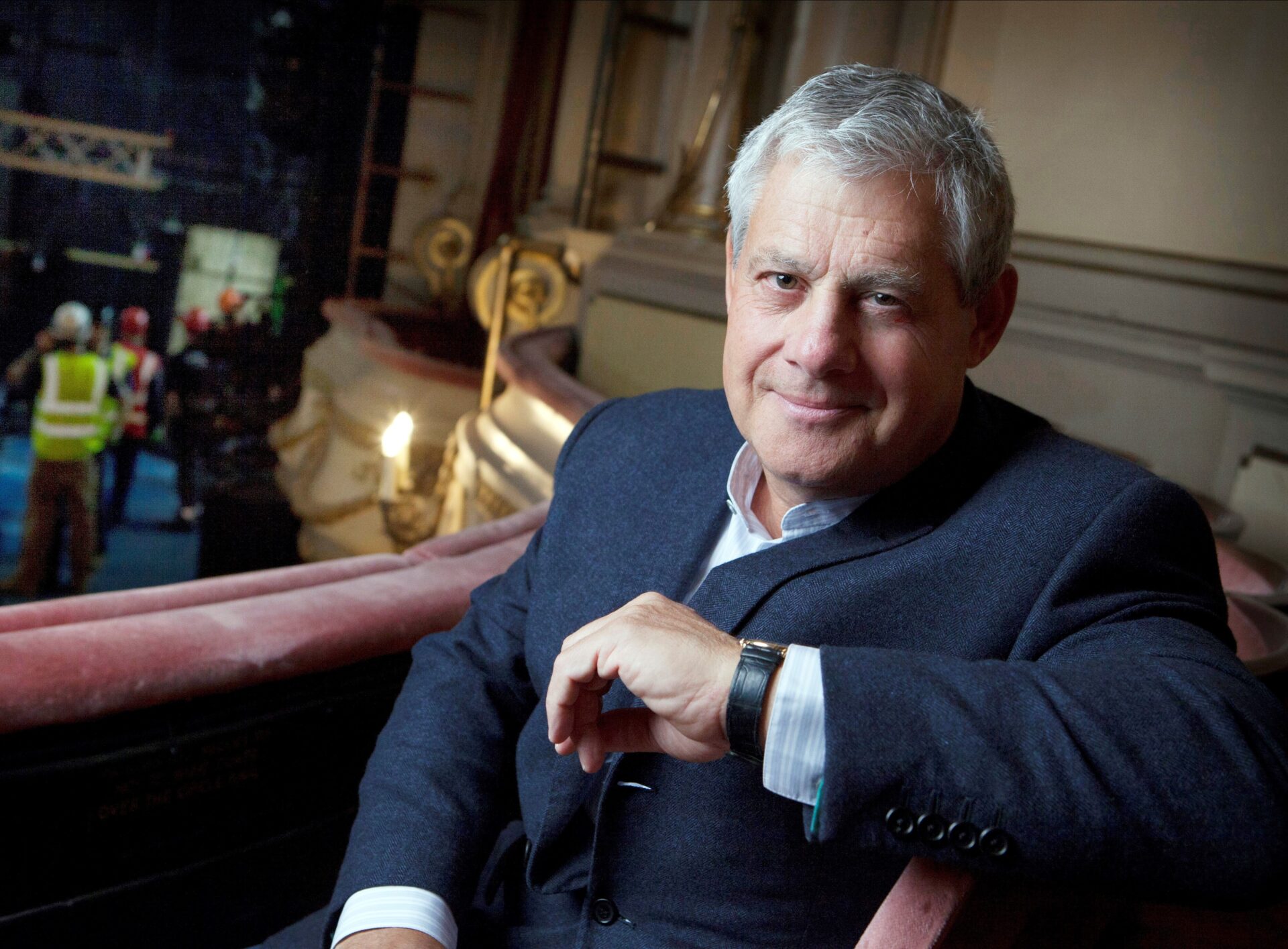
Cameron Mackintosh is the Owner and Co-Chairman of MTI. He has been producing shows since 1967 and remains the world’s most prolific producer of musicals in theatre history. As well as producing three of the world’s longest running musicals – Les Misérables, The Phantom of the Opera and Cats – his legendary productions include Miss Saigon, Oliver!, Mary Poppins (co-produced with Disney), Side By Side By Sondheim, Little Shop of Horrors, Song and Dance, Tomfoolery, Martin Guerre, The Witches of Eastwick and Five Guys Named Moe. His acclaimed productions of My Fair Lady, Oklahoma! and Carousel have all been international successes, as have his reinvented new productions of Les Misérables, Miss Saigon and The Phantom of the Opera. Cameron is also co-producer with Jeffrey Seller of Hamilton in London.
In 2013, alongside Working Title Films and Universal, Cameron produced the hugely successful Oscar®, Golden Globe and BAFTA award-winning film adaptation of Les Misérables, which is one of the most successful movies ever of an original stage musical. The concert version of Les Misérables, which was first staged in 1989 at Domain Park in Sydney, has proved to be just as successful as the staged musical around the world. It has been filmed three times – at the Royal Albert Hall, the O2 Arena and the Gielgud Theatre – and is continually rescreened on TV and in cinemas throughout the world and, alongside his spectacular Royal Albert Hall production of The Phantom of the Opera, regularly breaks attendance records for live recording performances of musical theatre.
Cameron owns and operates eight historic London theatres, which have all been spectacularly rebuilt and refurbished for the 21st century. They house many of London’s most successful hits. The Sondheim, formerly known as the Queen’s, now has a glorious auditorium and backstage and has been renamed in honour of Cameron’s great friend, theatrical legend Stephen Sondheim, who recently died. The last show he and Cameron were working on, Old Friends, premiered onstage and then TV as a sensational all-star gala last year and is now opening at the Gielgud this September for a limited season with a terrific cast including many of those from the gala, headed by Broadway legends Bernadette Peters and Lea Salonga.
In 1990, Cameron inaugurated the Chair of Contemporary Theatre at St Catherine’s College in Oxford University, with Stephen Sondheim as his visiting professor. Music Theatre International, the world’s largest owner of secondary rights of many of the greatest musicals ever written, is now one of Cameron’s companies.
Cameron was knighted in the 1996 New Year’s Honours for his services to British theatre and in June 2023, was awarded the Freedom of the City of London. He is the first British producer ever to be elected to Broadway’s Theater Hall of Fame.
- Who is Freddie Gershon?
-

Freddie Gershon began his career as an entertainment attorney who graduated from law school the same year the Beatles went on the Ed Sullivan show… a turning point in pop culture history and a propitious factor in his career. Armed with eight years of serious music study at The Juilliard School and The Art Student League, respect for artists, the creative community and cultural change, he represented many individuals, some of whom became prominent in the fields of music, film, theatre and producing.
Ultimately, he became a film and theatre producer, a part owner and COO of a history-making, highly successful entertainment company, a proponent in protecting intellectual property and an active player in the defining moments of contemporary pop culture and successes on the stage, screen and in music.
After graduating from the Columbia Law School in 1964, Mr. Gershon began practicing at a music/theatrical law firm and subsequently (1971) became counsel to The Robert Stigwood Group Ltd. (U.K.) on matters in the United States. During this time, RSO was establishing itself through its landmark “Superstar” concert tours and thereafter its London and Broadway production of “Jesus Christ Superstar.” As the company moved its focus more to the United States, Mr. Gershon became involved in film financing and distribution.
By 1976, his work with Stigwood had expanded, but the U.K. was not an environment for growth. He structured and oversaw a reverse takeover of RSO’s then publicly-traded parent U.K. company. Mr. Gershon immediately became President, Chief Operating Officer and a Partner in The Stigwood Group of Companies worldwide.
Freddie escalated his involvement with Columbia Law School and its alumni activities and became a guest speaker on subjects relating to entertainment law, recording, publishing, the representation of artists and motion picture packaging. He sought to get recognition in law schools for intellectual property rights to be integrated into their curricula.
At the behest of Preston Robert Tisch, he joined the Development Committee for NYU’s Tisch School of the Arts and has been on the advisory boards of Volunteer Lawyers for the Arts and the Cardozo Entertainment Law Journal and served on the board of ArtsConnection and joined the board of the School of American Ballet, acting as a consigliere to both Lincoln Kirstein and George Balanchine.
Mr. Gershon has also been active in Columbia University’s Center for Law, Media and the Arts, dedicated to helping individuals and corporations protect intellectual property and to educate and guide them in the commercial applications of their creative product.
Freddie took a seven-year sabbatical from "work". In the late ’80s, he acquired and became Chairman and CEO of Music Theatre International (MTI), one of the world's leading theatrical licensing agencies, granting schools as well as amateur and professional theatres from around the world the rights to perform the largest selection of great musicals from Broadway and beyond. MTI works directly with the composers, lyricists and book writers of these musicals to provide official scripts, materials and resources to over 70,000 theatrical organizations in the US and in over 60 countries worldwide.
In 1994, Mr. Gershon conceived MTI’s Broadway KIDS/Broadway JR. introducing musical theatre in 30- and 60-minute versions of Broadway works to elementary and middle schools adapted for performance by students (author approved). Since 1994, over 100,000 separate productions have taken place with 300,000 performances in America, involving 4,000,000 children. In 2012 he received the TONY HONOR for conceiving and creating the Broadway Junior Collection.
Culminating a life of business successes, Mr. Gershon and his wife Myrna have expanded their activities as they embrace a philosophy of helping younger generations with educational and cultural programs they are creating and funding. They are devising, through experiential learning and mentorships, inventive and engaging programs designed to provide others with the experiences and tools to better society. In May of 2013 the New-York Historical Society 15th Annual American Musicals benefit honored them for their activities in musical theater education. They are involved with "adopting" seven N.Y.C. schools with special needs children and creating and subsidizing "learning through the arts programs" to help these children in social skills, reading and generally improve the quality of their lives.
Mr. and Mrs. Gershon live in New York City and have been married 43 years. They live with their Tibetan Terrier… Buddy.
- Who created the MTI logo?
-
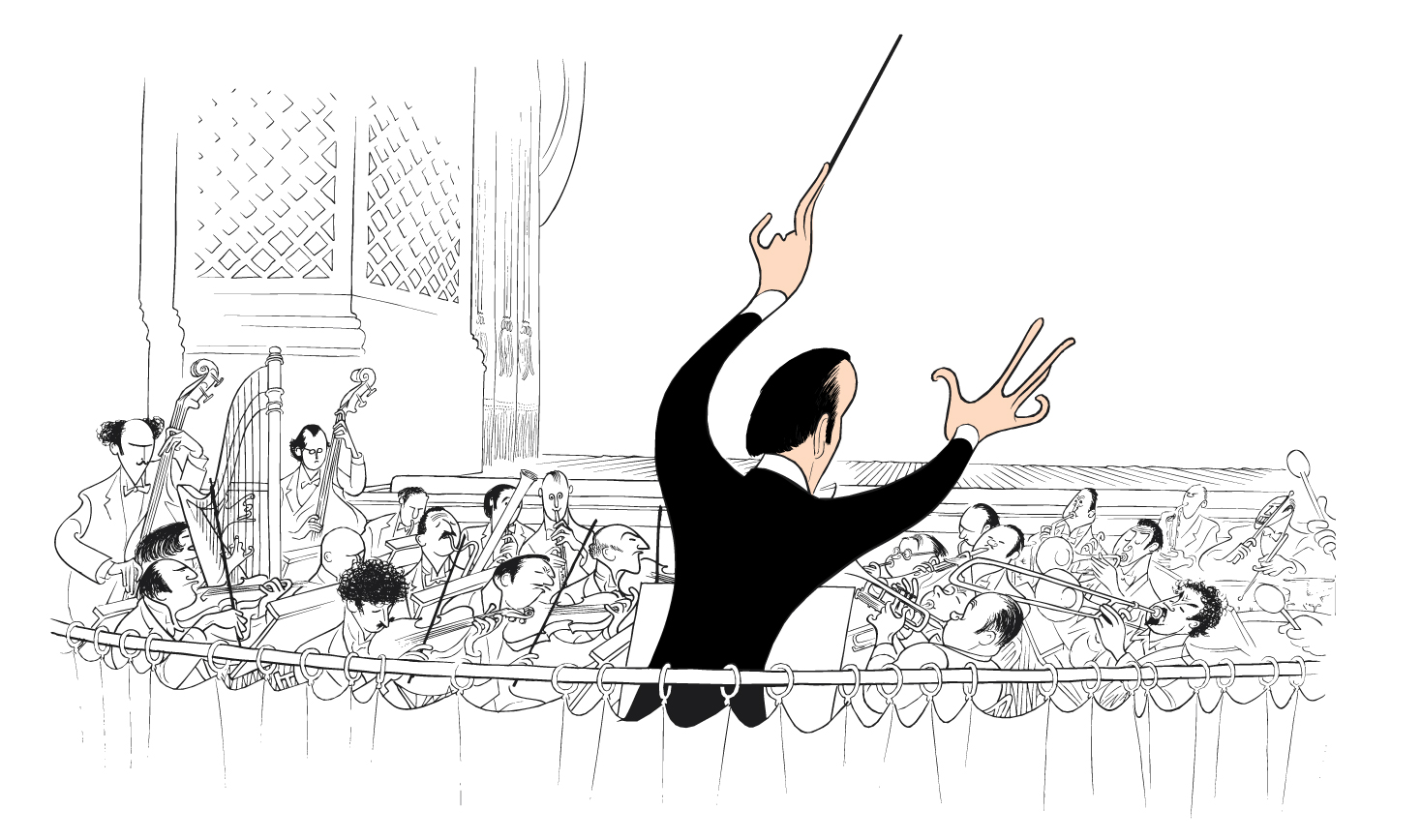 MTI’s logo, which features a left-handed conductor, was adapted from an illustration by legendary artist, Al Hirschfeld, that was commissioned by Music Theatre International. Mr. Hirschfeld was the leading caricaturist of Broadway, having created illustrations of major shows and stars since the 1920s! He died on January 20, 2003, at the age of 99.
MTI’s logo, which features a left-handed conductor, was adapted from an illustration by legendary artist, Al Hirschfeld, that was commissioned by Music Theatre International. Mr. Hirschfeld was the leading caricaturist of Broadway, having created illustrations of major shows and stars since the 1920s! He died on January 20, 2003, at the age of 99.After the birth of his daughter, Nina, in 1945, Mr. Hirschfeld made a game of hiding her name, often several times, in each of his drawings. The MTI staff has been able to find eight in the original drawing (reproduced above).
Through the years, MTI has had fun in adapting elements of the original art for use in our catalogues, newsletters, flyers, posters and website. Although it is assumed by many that the conductor in the illustration is Frank Loesser, one of MTI’s Founders, it is not. Mr. Loesser was right-handed.
For more information about Al Hirschfeld and his historic drawings, please visit the Al Hirschfeld Foundation website.









